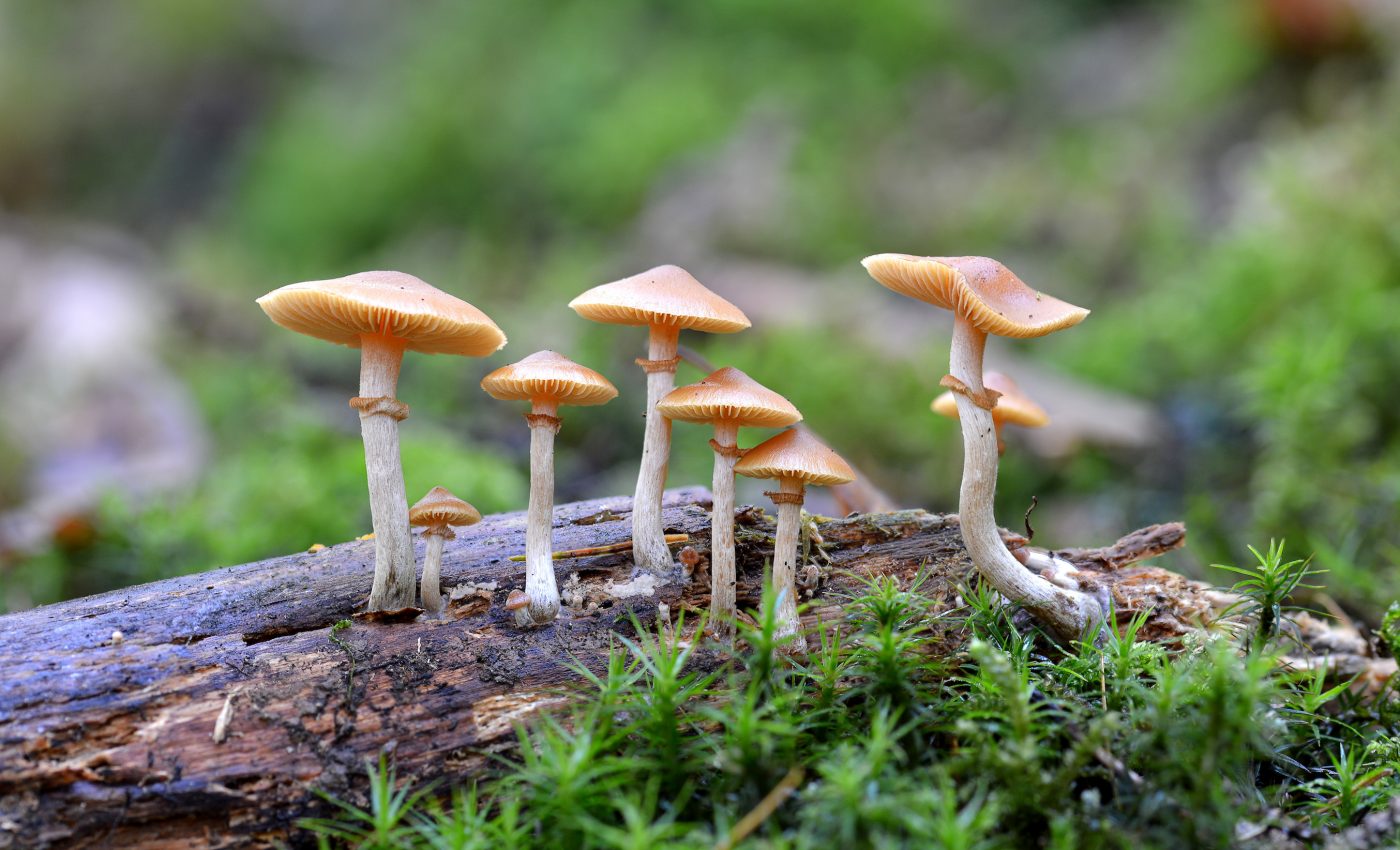
Voters approve measure to decriminalize magic mushrooms in Denver
Voters approve measure to decriminalize magic mushrooms in Denver. Denver, Colorado has now become the first city in the United States to pass a ballot measure that decriminalizes psilocybin mushrooms, commonly known as magic mushrooms.
When Initiative 301 was put on the ballot, there was clear support for the campaign, but at the beginning of the three week voting period, it seemed like the referendum wouldn’t pass.
That all changed on Tuesday, according to the Washington Post which reported on the landmark vote, and the measure passed with 50.6 percent of 176,000 Denver citizens voting yes, and 49.4 voting no.
The Denver Post reports that the final votes were 89,320 in favor and 87,341 against. The vote will be certified on May 16th as the city is still accepting ballots from overseas and military personnel.
The vote won’t make magic mushrooms available in dispensaries or legal in the city limits. Instead, the ballot is aimed at law enforcement officials directing police to make psilocybin possession the lowest priority when it comes to law enforcement.
Psilocybin mushrooms will still be illegal in Denver, and Colorado and keep their Schedule 1 classification under Federal law.
Part of Initiative 301 is the implementation of a review panel that will examine the impacts of decriminalization on public safety and health.
“We’re sending a clear signal to the rest of the country that America is ready to talk about psilocybin,” Kevin Matthews, the leader of the Decriminalize Denver movement, told the Washington Post. “We have work to do, we’re ready for it and we couldn’t be happier.” Voters approve measure to decriminalize magic mushrooms in Denver
Psilocybin has been found to help treat treatment-resistant depression and a range of mental disorders.
More and more research is being done on the potential treatment options that psilocybin and other psychedelics offer, and measures to decriminalize may help make research and studies more feasible in the future.
—
By Kay Vandette, Earth.com Staff Writer













